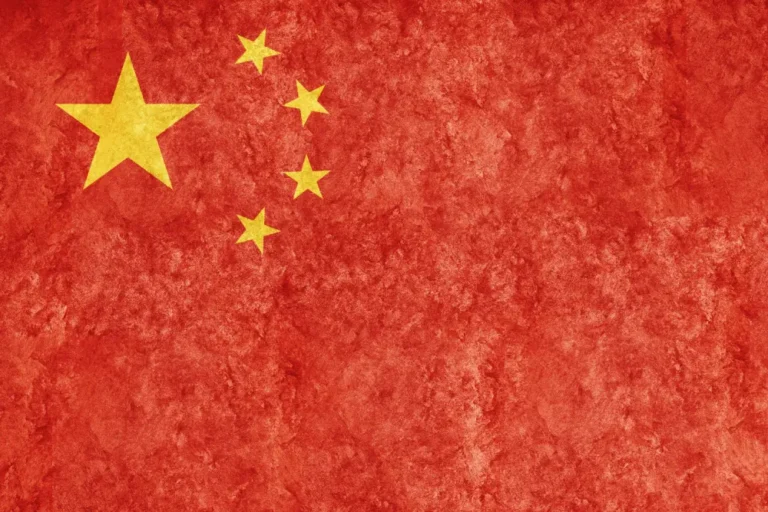The Chinese are protesting en masse in the country’s streets against lockdowns. How Chinese authorities handle the riots could have a massive impact on the global economy and inflation.
According to observers of current events, these may be the largest street protests in China since 1989. The events in China also have the potential to be one of the most important political and economic events throughout the following year.
Chinese Antilockdown Protests. Why is the Chinese protesting?
The protests are related to the very restrictive policy of the Chinese authorities regarding COVID. The Chinese are extremely tired of lockdowns. The anti-COVID policy in China is drastic.
There are absurd situations. For example, if someone in a building on the 8th floor was previously on a bus with someone who turned out to be infected, then the inhabitants of the four floors up and four floors down are locked in their homes and undergo mandatory quarantine. The state’s coercive apparatus is quite ruthless, and it has been going on for almost three years, so the Chinese finally say, “Enough!”.
It is worth adding that some US scientists indicate that such restrictive rules do not make sense when a large part of the Chinese population is unvaccinated. In terms of stopping the spread of the virus and fighting this pandemic, the most important thing is to vaccinate as much of the population as possible.
Anti-lockdown Riots. What Will Xi Jinping Do?
Two economic contexts in this Chinese anti-lockdown protests are worth considering ahead of the coming year.
Firstly, the fact that the protests are taking place in China, the second largest economy in the world, threatens to destabilize globally. This is an additional risk factor that financial markets must take into account. Each day of the protests impacts the stock exchanges in China and their shift to the Chinese yuan.
Secondly, for example, analysts from Goldman Sachs claim that current events on Chinese streets may accelerate the departure of the Chinese authorities from the zero-COVID policy.

Of course, the question must be asked how the authorities will approach these protests. Will they tighten the course, and will it all go dramatic? This time the power will give way. Especially since there were already signals that he was planning to step down and relax his anti-COVID policy.
What will Xi Jinping do? Unknown, because the number of infections in China is rising again. Investors, therefore, have a wide field of betting on various scenarios.
Read also: Tiantian Kullander Died Suddenly in Hong Kong.
A chance for economic recovery or boosting inflation?
There are two ways to go regarding economic predictions linked to events in China. A possible relaxation of the zero-COVID policy would positively affect the global economy. On the other hand, the world would gain another impulse for an increase in global inflation.
If the Chinese economy were to recover, it would need raw materials, so commodity prices would start to rise in global markets. Recently, they have become cheaper precisely because the Chinese economy has slowed down.
If the authorities do not relent, we risk further destabilization (further rebellions) and a greater probability of further slowing down the Chinese economy. The advantage of this situation may be the avoidance of another pro-inflationary factor.
Therefore, the scenario is very vague, and investors should keep an eye on these Chinese anti-lockdown protests.

